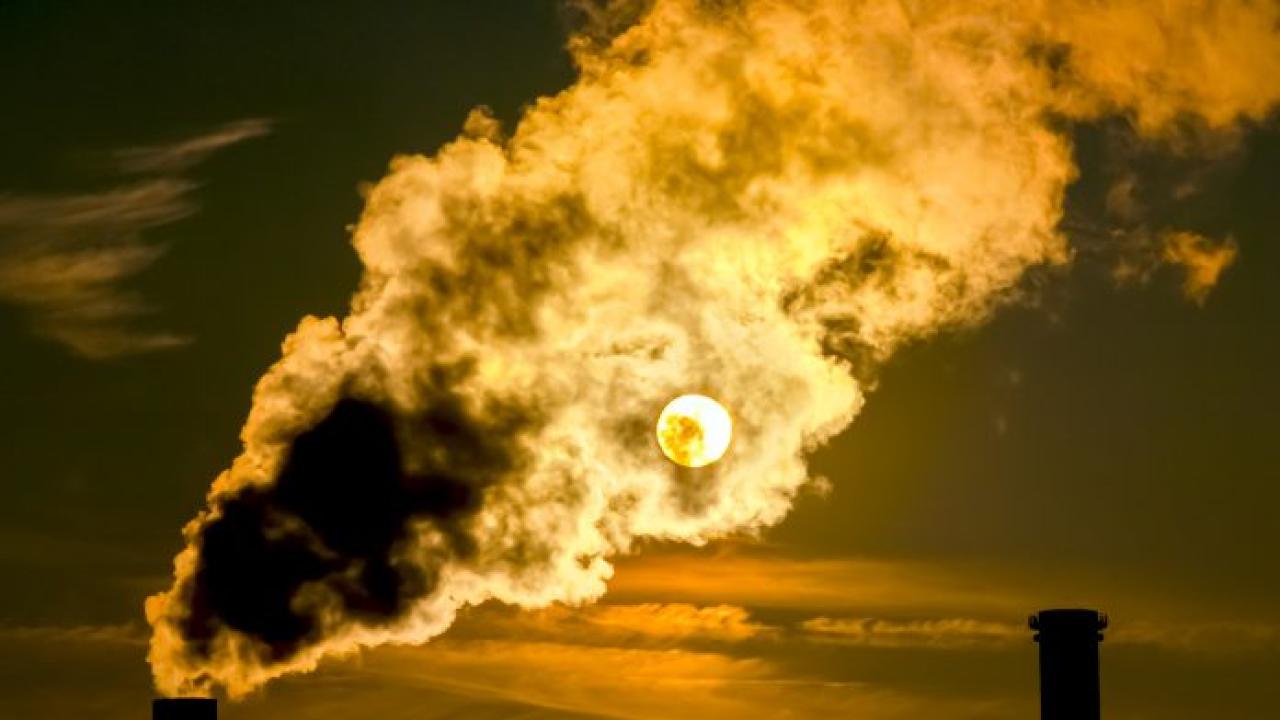
Banks are reviewing their loan portfolios for information on the risks companies face due to climate change and how they are preparing to move to a low-carbon economy, as regulators around the world increase their concerns. own disclosure requirements.
Nearly half of the energy companies to which Citi lends lack plans to reduce greenhouse gas emissions, the fourth-largest U.S. bank said in a climate report released Thursday.
Banks are reviewing their loan portfolios for information on the risks businesses face due to climate change and how they are preparing to move to a low-carbon economy, as regulators around the world increase their concerns. own disclosure requirements.
Citi ranked energy companies in its loan portfolio from "low" to "strong" based on their plans to reduce emissions in three categories, known as scopes.
In 42% of cases, it found "absence of a substantial transition plan" and lack of disclosure of Scope 3 emissions, which are released into the atmosphere by companies' supply chains and customers. These gases usually represent 70% of your carbon footprint, according to the consulting firm Deloitte.
Citi found that only 8% of its energy clients had a "comprehensive and ambitious transition plan targeting Scope 1-3 emissions reductions and demonstrated ability to execute." The proportion increased to 37% when Scope 3 emissions were excluded.
The analysis, started last year, is based on data from 2021. Chief Sustainability Officer Valerie Smith said she hoped the timing of data collection and analysis would improve.
"We are still in construction mode. We understand the importance of moving forward on climate. We also understand that the energy transition is a monumental effort, it will not happen overnight," Smith said.
Like many other large banks and companies, Citi has set a "net zero emissions" goal (so that the companies it finances do not generate more greenhouse gas emissions than can be absorbed by technology or natural systems such as forests) by 2050.










